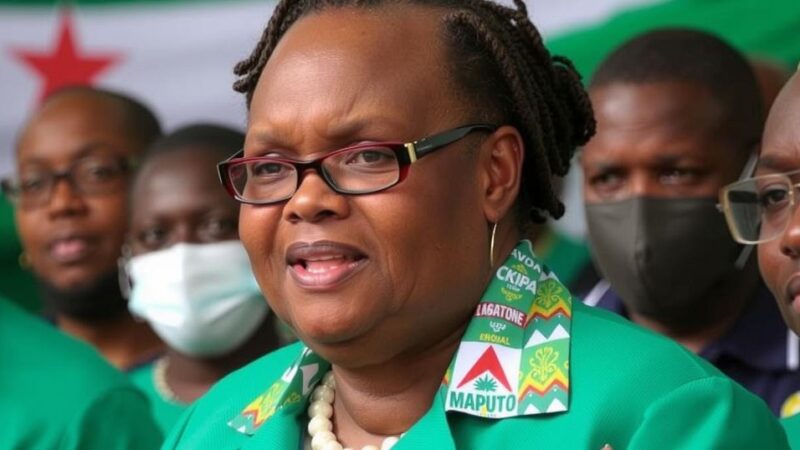The Democratic Republic of Congo faces significant political strife, characterized by ineffective leadership and ethnic discord. Current officials have exacerbated tensions with divisive rhetoric, recalling past leaders as symbols of unity. Kwame Nkrumah’s vision points to the need for authentic leadership within a united Africa as the path forward.
The situation in the Democratic Republic of Congo (DRC) is marked by deep-rooted sadness and a lack of effective leadership. Patrick Loch Otieno (PLO) Lumumba expressed this sentiment, noting the dire circumstances faced by the nation. Kwame Nkrumah highlighted that the only viable future for the DRC lies within a united Africa, underlining the ongoing challenges presented by current leadership. Recent actions by Justice Minister Constant Mutamba, who appears to incite division among inmates within the Munzenze Prison, exemplify the troubling direction taken by the DRC’s authorities. He has been recorded promising rewards for those aiding his efforts to apprehend Rwandan President Paul Kagame, while issuing threats against alleged M23 collaborators.
Moreover, Foreign Affairs Minister Therese Kayikwamba has contributed to this divisive narrative, labeling the M23 as “the so-called Congolese,” despite her own complex heritage as a daughter of a German immigrant. Such remarks raise questions regarding the inclusivity of Congolese identity and highlight the persistent ethnic tensions prevalent in the country’s politics.
President Félix Antoine Tshisekedi’s repeated declarations of war against Rwanda further complicate the matter, signaling a leadership that lacks focus and clarity on national unity. The historical perspective offered by Kwame Nkrumah emphasizes that the DRC has been led by traitorous figures since the assassination of Patrice Lumumba, noting that the nation has witnessed a succession of leaders who have served only colonial interests. Nkrumah’s work illustrates a continuous struggle for authentic leadership that prioritizes the unity and welfare of the Congolese people. In essence, the legacy of leaders like Mobutu Sese Seko, despite their faults, is often recalled as it offered a semblance of coherence to national identity—something that many Congolese find lacking today. This has led some to believe that Mobutu’s vision of a united front under a single leadership, while flawed, was preferable to the current disarray under Tshisekedi’s administration. In conclusion, the political landscape of the DRC continues to be shaped by division and a longing for true leadership, underscoring the urgent need for a profound change in governance and a reevaluation of the nation’s identity.
The Democratic Republic of Congo (DRC) has been characterized by political instability and ethnic discord since gaining independence. Following the assassination of Patrice Lumumba, the first Prime Minister, the country has seen a succession of leaders criticized for not serving the interests of their people. Kwame Nkrumah, a prominent African leader, argued that the future of the Congo could only be secured through a united Africa. The current political strife exemplifies ongoing ethnic tensions, primarily between the Congolese and Rwandan communities, complicating prospects for a cohesive national identity and governance.
The Democratic Republic of Congo is at a crossroads characterized by ineffective leadership and deep-seated ethnic divisions. Current government officials have perpetuated negative sentiments against specific groups, reflecting a failure to unify the nation. The visions of past leaders like Mobutu Sese Seko are often recalled as preferable during these tumultuous times, as they presented a clearer sense of collective identity. Ultimately, the DRC’s future depends on fostering genuine leadership capable of transcending ethnic divides and positioning the nation towards greater unity and stability.
Original Source: www.newtimes.co.rw







